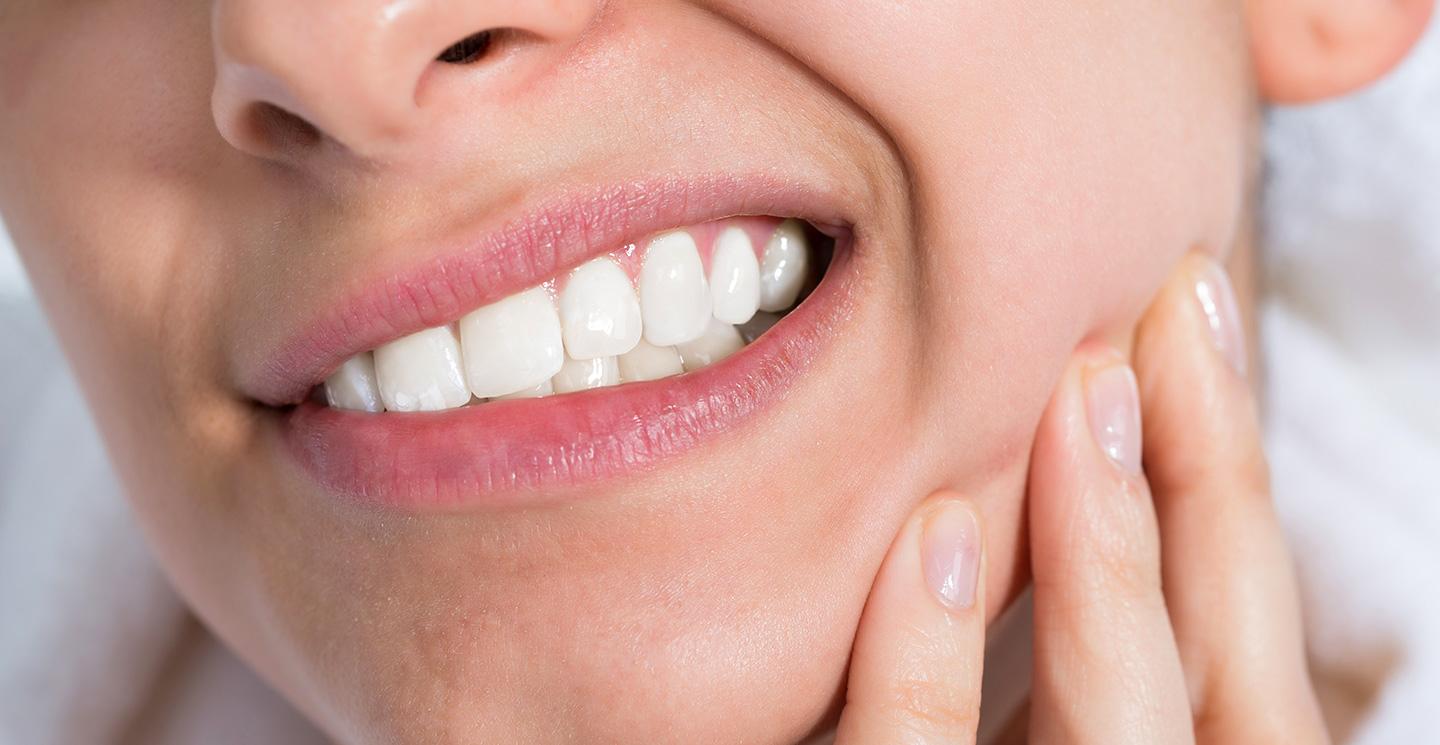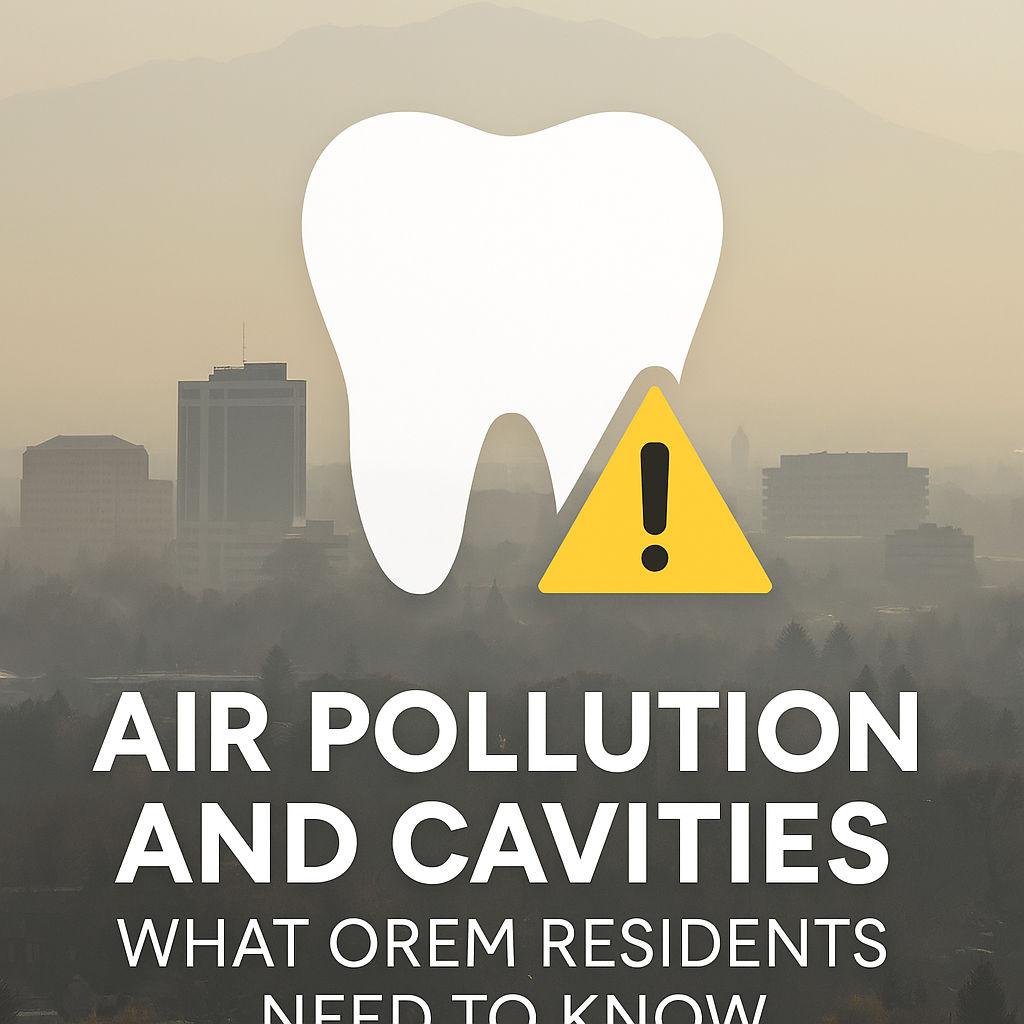Introduction
Tooth sensitivity is a common dental issue that affects millions of people worldwide. If you’re one of them, you know the discomfort that can come with enjoying your favorite hot or cold foods and drinks. The good news is that there are strategies and tips to help manage and reduce tooth sensitivity, so you can enjoy a more comfortable and pain-free life. In this blog post, we’ll explore 10 tips for people with sensitive teeth to make daily life more pleasant.
1. Consult Your Dentist
The first and most crucial step in managing tooth sensitivity is to consult your dentist. They can identify the cause of your sensitivity and recommend the most appropriate treatment. It might be due to issues like gum recession, enamel erosion, or cavities, and your dentist can provide tailored advice.
2. Use a Toothpaste for Sensitive Teeth
Switch to a toothpaste specifically designed for sensitive teeth. These toothpaste products contain ingredients like potassium nitrate or stannous fluoride, which help desensitize your teeth over time. Make it a part of your daily brushing routine for maximum effectiveness.
3. Soft-Bristled Toothbrush
Opt for a soft-bristled toothbrush to minimize further enamel erosion and gum irritation. Brush gently, using circular motions, and avoid vigorous scrubbing, which can worsen sensitivity.
4. Avoid Acidic Foods and Drinks
Acidic foods and drinks, such as citrus fruits, sodas, and some alcoholic beverages, can wear down tooth enamel over time. Limit your consumption of these items to help reduce tooth sensitivity.
5. Wear a Nightguard
If you tend to grind your teeth at night, this can contribute to tooth sensitivity. Your dentist can provide you with a custom nightguard to protect your teeth and reduce sensitivity caused by grinding.
6. Rinse with a Fluoride Mouthwash
Fluoride mouthwash can help strengthen tooth enamel and reduce sensitivity. Use it as directed by your dentist or the product label, usually after brushing.
7. Avoid Over-the-Counter Whitening Products
Many over-the-counter teeth whitening products can exacerbate tooth sensitivity. If you’re interested in whitening your teeth, consult your dentist for professional whitening options that are safer for sensitive teeth.
8. Be Mindful of Extreme Temperatures
Hot and cold foods and drinks can trigger tooth sensitivity. Try to consume them at moderate temperatures to avoid discomfort. For instance, let your hot coffee cool a bit before sipping.
9. Maintain a Regular Dental Routine
Regular dental check-ups and cleanings are essential for people with sensitive teeth. Your dentist can monitor your oral health, detect issues early, and provide professional cleanings to remove plaque and tartar, which can contribute to sensitivity.
10. Consider Desensitizing Treatments
For severe tooth sensitivity, your dentist may recommend desensitizing treatments. These treatments can include fluoride varnishes or desensitizing agents applied to the sensitive areas of your teeth.
Conclusion
Tooth sensitivity can be a challenging issue, but it’s one that can often be managed with the right strategies and guidance. By consulting your dentist, using the right oral care products, and making some adjustments to your diet and habits, you can reduce tooth sensitivity and enjoy a more comfortable life. Don’t let sensitivity hold you back from savoring your favorite foods and drinks – take action and regain control of your oral health.





